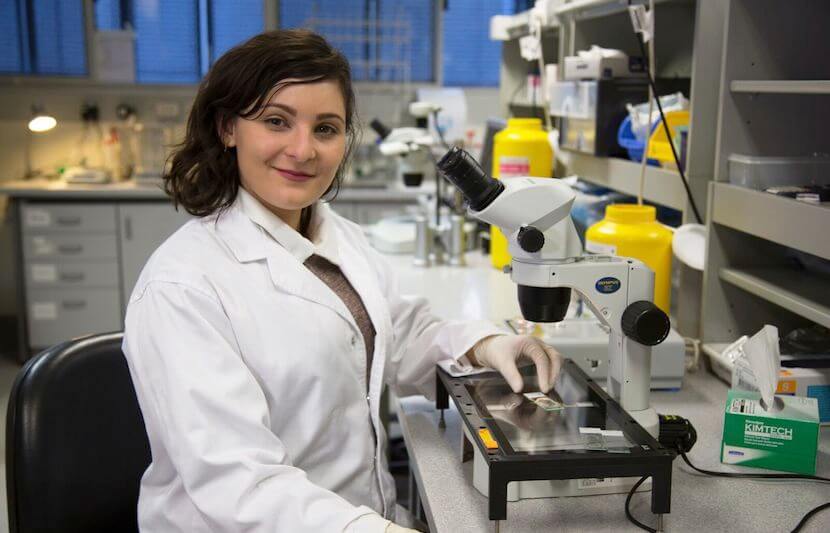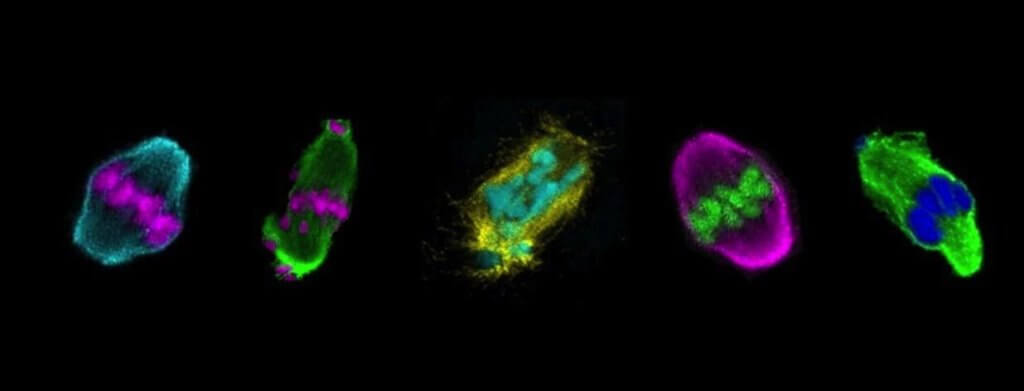Researchers at the University of Newcastle (UON) in Australia have made a discovery that may help stop the aging of female eggs. Their discovery lends hope to women who hope to have children at a later stage in their lives.
The research team, which includes members of UON’s Reproductive Science Group, is led by Bettina Mihalas, a PhD student and lead researcher at UON.
The study is published in Nature.
Mihalas’ interest in fertility as a research topic arose from her first laboratory experience at UON. “I was fascinated from the first time I saw eggs under a microscope,” she told The University Network (TUN).
“Since then, I have become passionate about investigating potential therapeutic interventions for women choosing to have children later in life, as I strongly believe in supporting women in being able to rightfully pursue their career aspirations while still being able to have children if/when they choose.”
The researchers studied the link between two major factors that affect fertility in women — age and reactive oxygen species (ROS). As women age, the quality of their eggs declines in quality, which means it could take them longer to conceive and increases the possibilities of miscarriages, babies with birth defects, and stillbirths.
“An increase in intraovarian ROS has long been implicated in the decline in egg quality associated with maternal ageing and has been correlated with reduced embryo development and a decrease in live births,” said Mihalas. However, even though a link between ROS and worsening egg quality has been established, no one had previously studied how ROS causes damage to eggs. Mihalas and her research team’s study makes up for that deficit.
“Importantly, our research demonstrates that oxidative stress (OS)-induced lipid peroxidation and the consequent generation of highly reactive and damaging aldehyde molecules, such as 4-hydroxynonenal (4-HNE), represents a potential mechanism by which ROS can inflict damage in the ageing egg,” Mihalas said. In other words, the researchers found that an increase in ROS leads to an increase in 4-HNE that can damage ageing eggs.
They discovered that the 4-HNE binds to, and hinders the functionality of, tubulin proteins, which are responsible for chromosome separation, and that the tubulin of aged eggs are more vulnerable to 4-HNE. “Furthermore, we demonstrate for the first time that exposure to either ROS or 4-HNE directly increases the proportion of eggs with abnormal chromosomal segregation; a leading cause of age associated chromosome abnormalities and miscarriage,” said Mihalas.
The researchers investigated the application of an antioxidant to stop the 4-HNE molecule from binding to tubulins and allowed chromosome separation to occur as normal. The results were positive. “Lastly, we have been successful in using the antioxidant, penicillamine, to prevent 4-HNE binding to tubulins and restore the integrity of chromosome separation under conditions of OS,” Mihalas said. “In preventing OS from inflicting damage to the egg, we may be able to maintain the quality of a mature woman’s eggs and with further research, develop efficient targeted antioxidant therapies to ultimately decrease the risks associated with her pregnancy.”
While the study was completed in-vitro, the findings are crucial. The research team hopes to continue their research into the effects of ROS and various treatments to fight declining egg quality, including the development of antioxidant use as a viable therapy.




